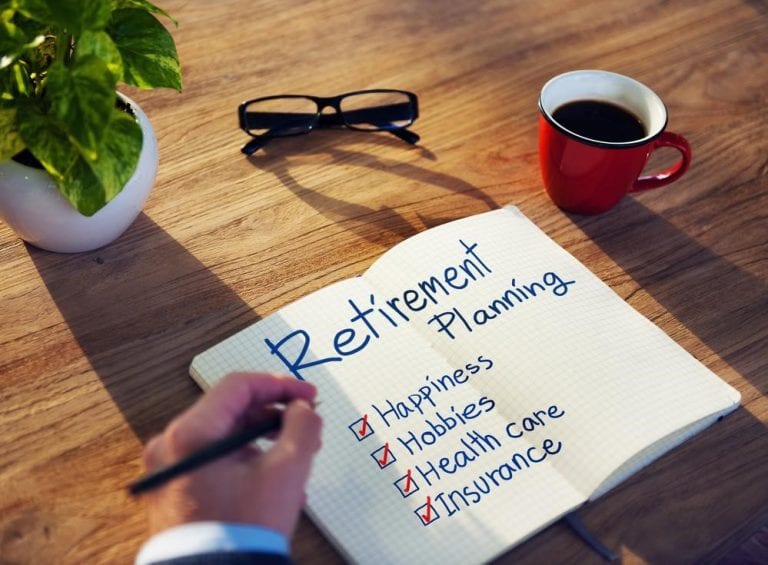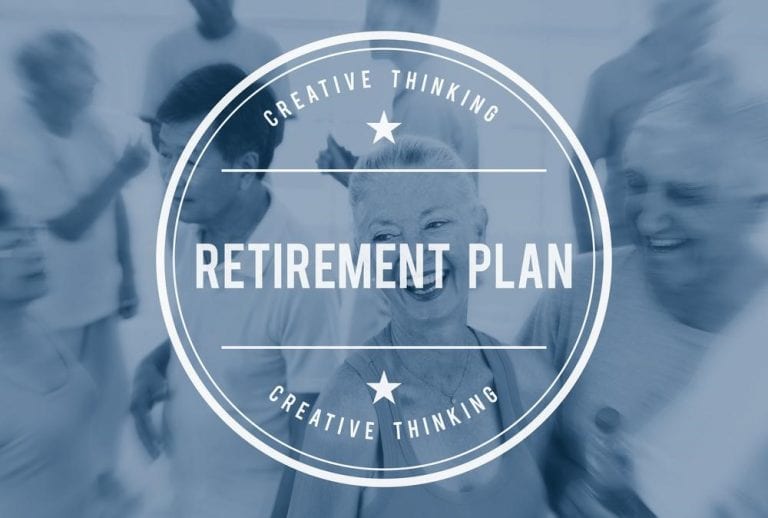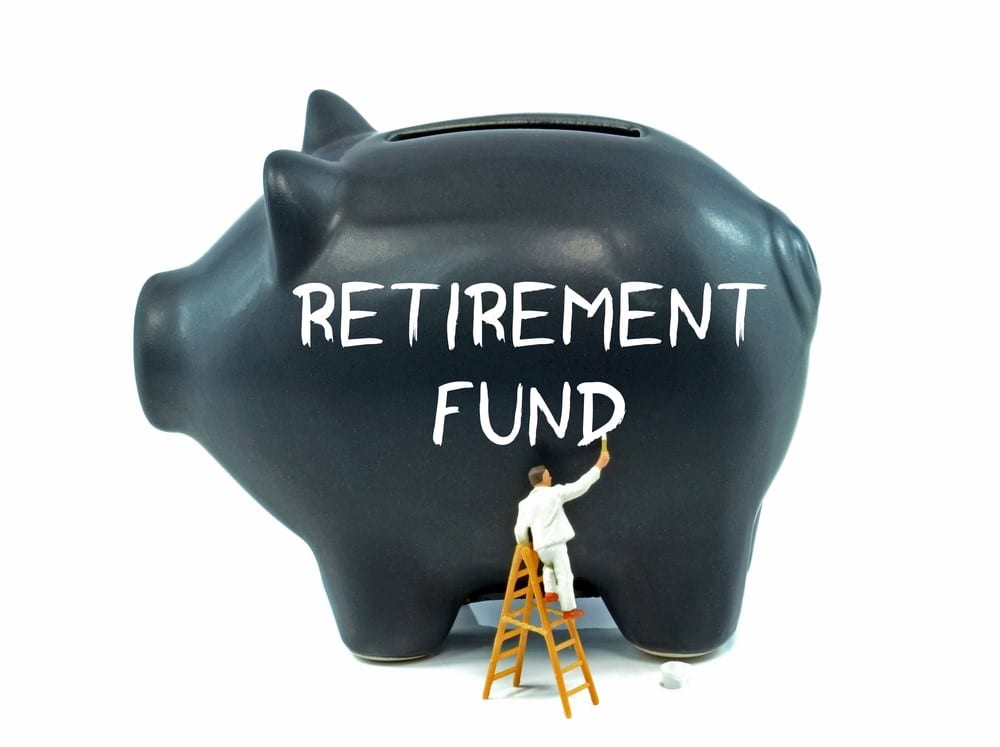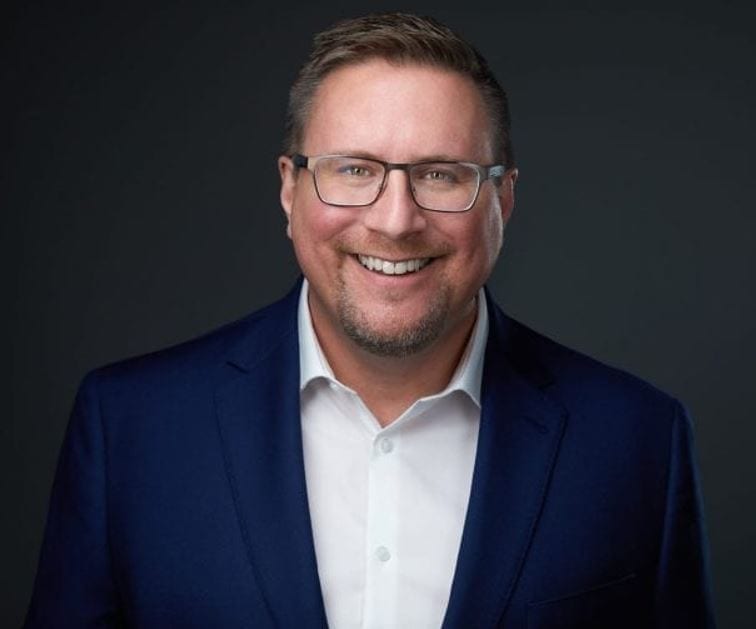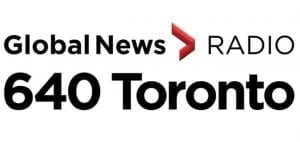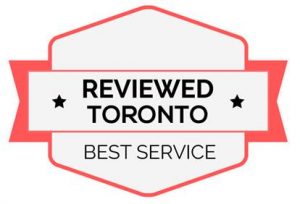
How much do I need to save for retirement?
The average annual Canadian Pension Plan retirement income as of 2019 is just over $8,300. In 2019, the average CPP monthly payout was less than $725. That figure is far below the maximum amount a CPP contributor could have received at $1,154.58. The average monthly CPP was 37% less than the maximum as the payout you receive is based on the age you choose to start receiving it and the amount of contributions you have made. These severe limitations are having many Canadians focused on creating their own pension method. By intentionally putting money away where they have access during the years of accumulation but still retain the advantages of growth and compounding a secondary retirement stream of income can be easily created. Best of all, this form of savings creates the perfect liquid emergency fund. It also allows for opportunities that always arise when you accumulate capital to be acquired between now and the eventual date you start drawing a passive income.
A different train of thought would be to think of CPP as bonus income and then creating your own savings and financial independence outside of a government program. Being in a position of total and absolute control is always better than not.
